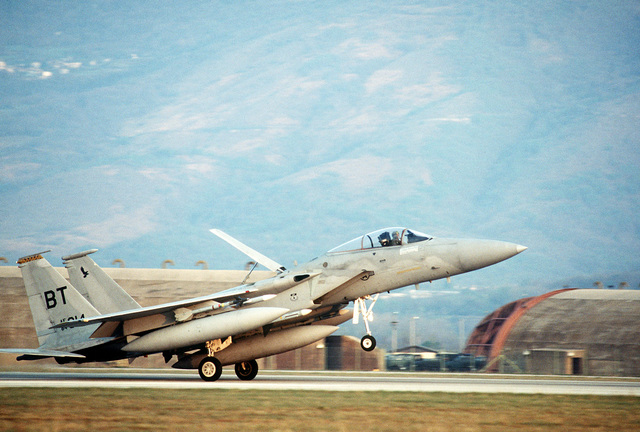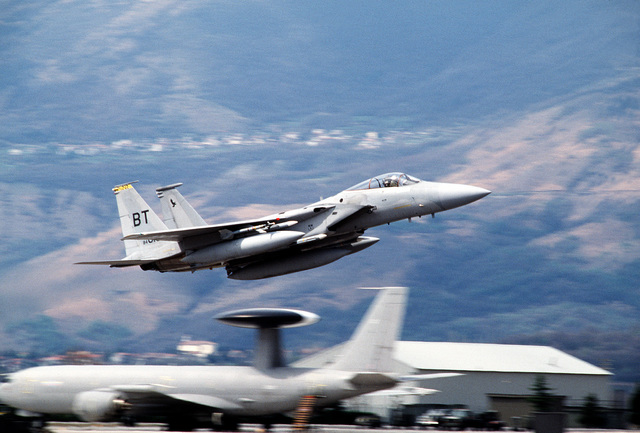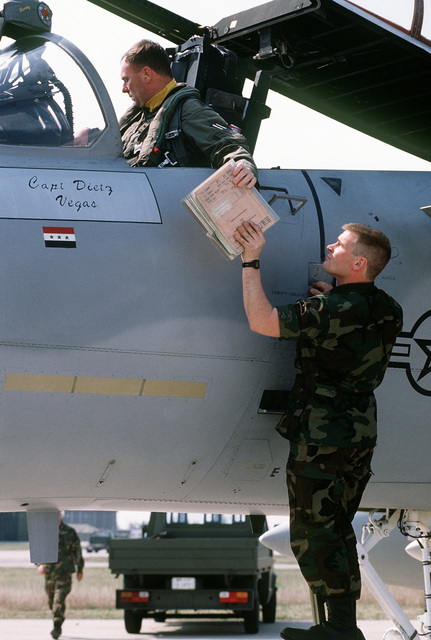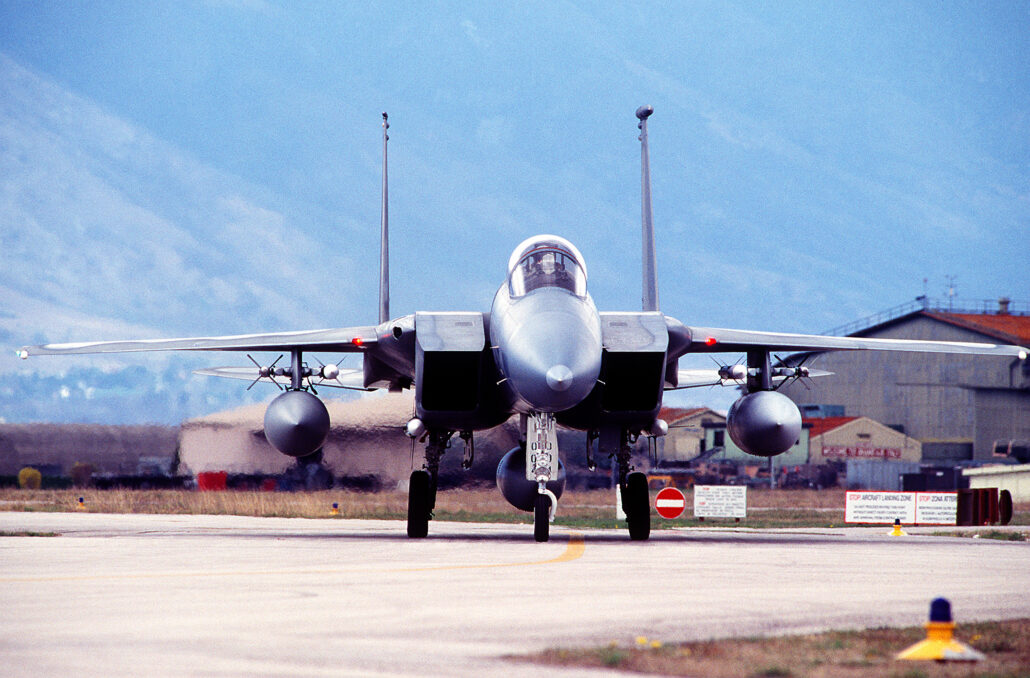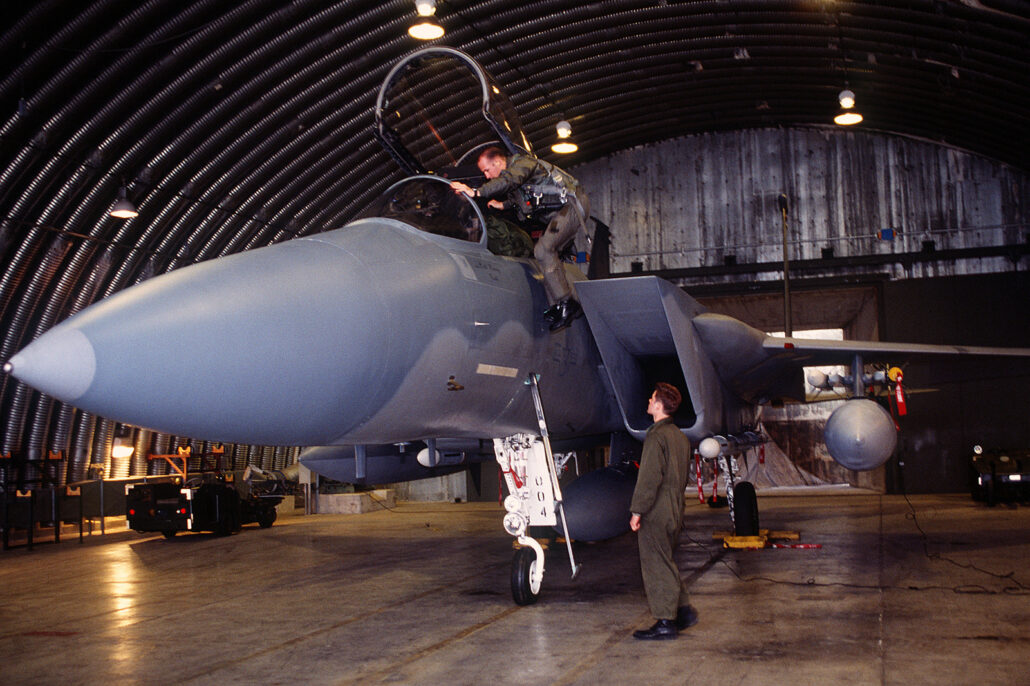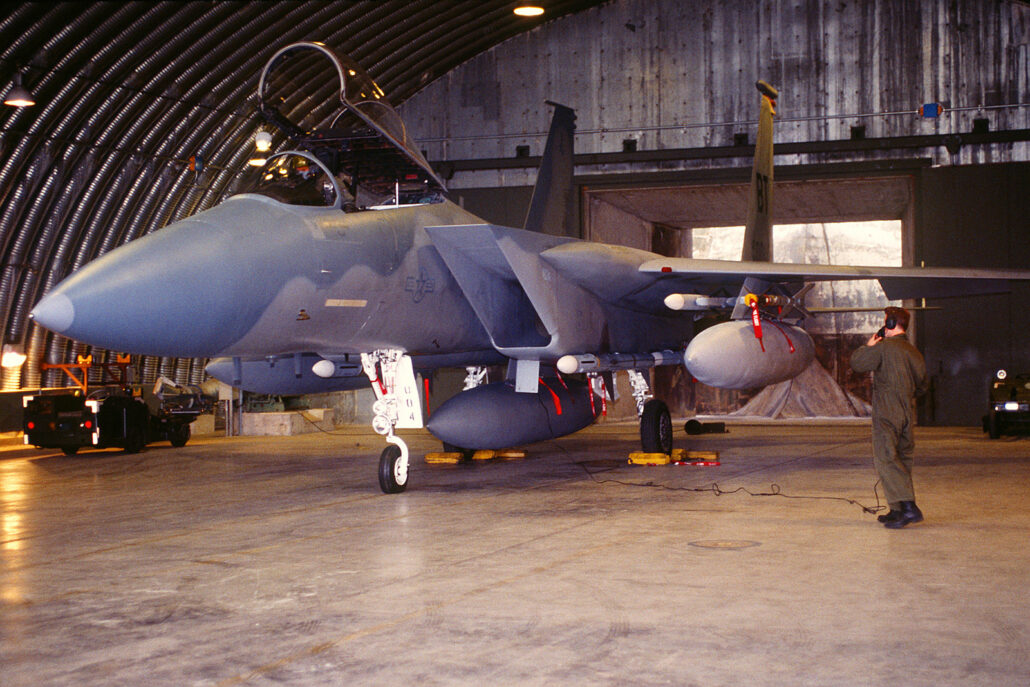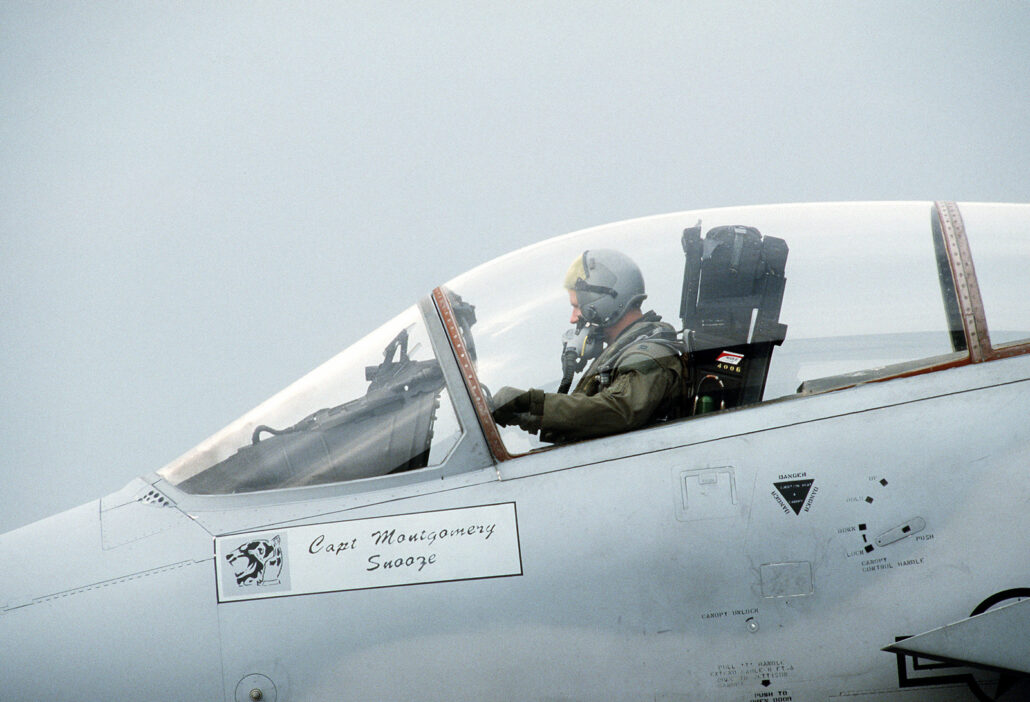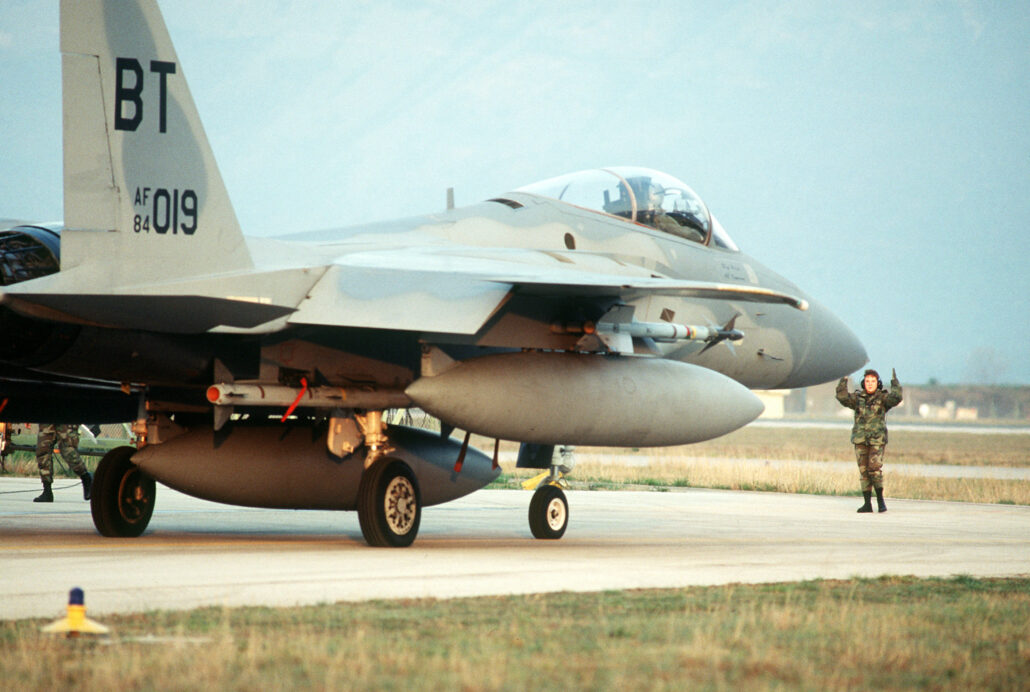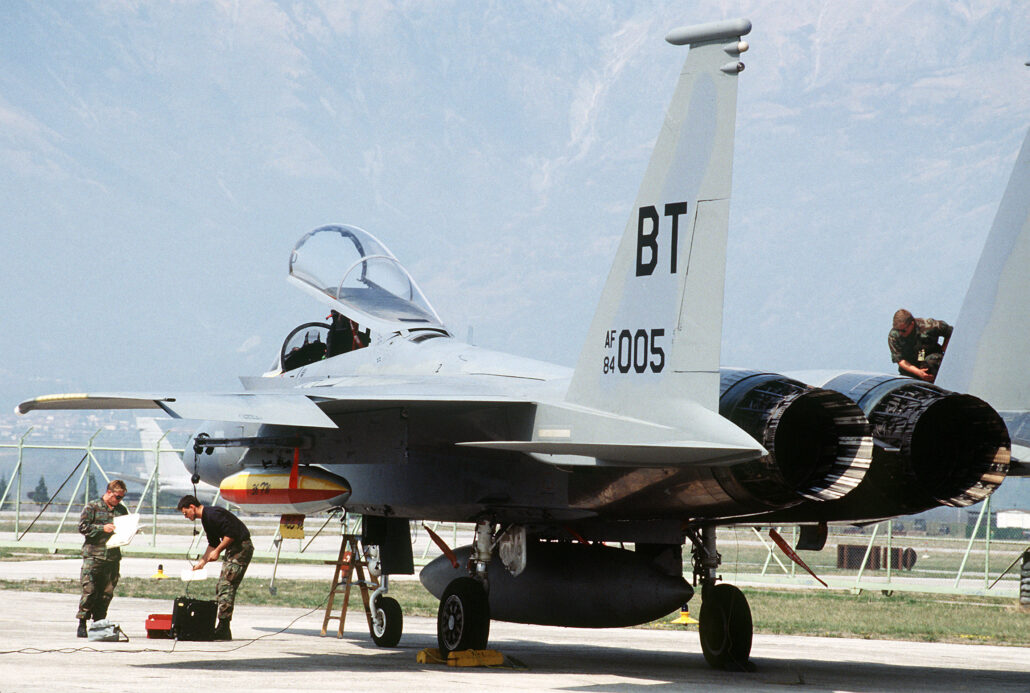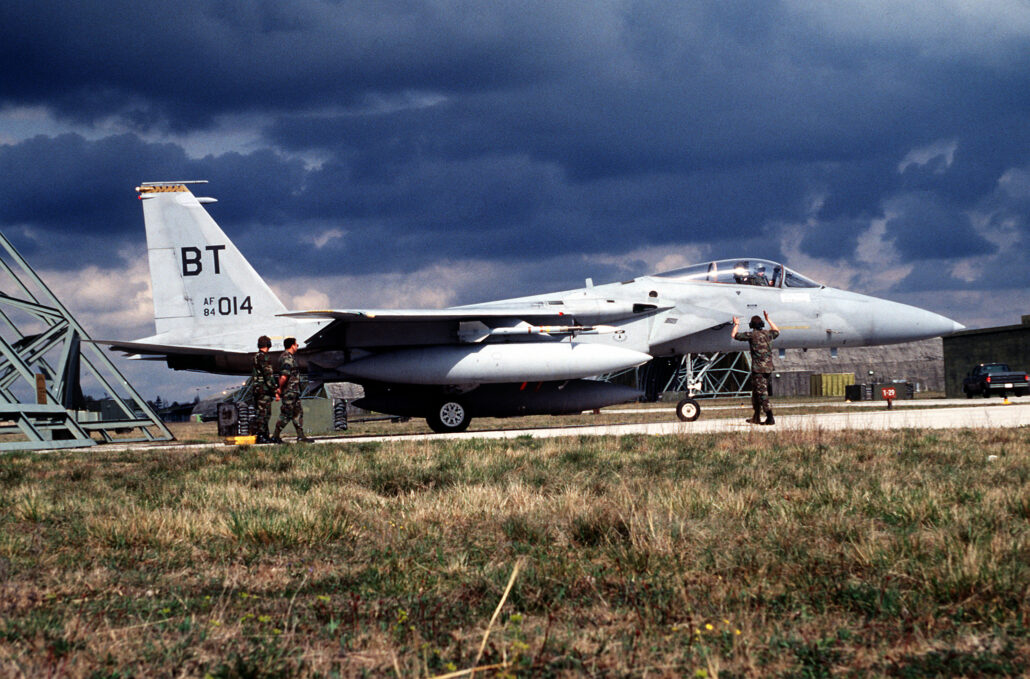Operation Deny Flight was a North Atlantic Treaty Organization (NATO) operation that began on 12 April 1993 as the enforcement of a United Nations (UN) no-fly zone over Bosnia and Herzegovina. The United Nations and NATO later expanded the mission of the operation to include providing close air support for UN troops in Bosnia and carrying out coercive air strikes against targets in Bosnia. Twelve NATO members contributed forces to the operation and, by its end on 20 December 1995, NATO pilots had flown 100,420 sorties.
The operation played an important role in shaping both the Bosnian War and NATO. The operation included the first combat engagement in NATO’s history, a 28 February 1994 air battle over Banja Luka, and in April 1994, NATO aircraft first bombed ground targets in an operation near Goražde. These engagements helped show that NATO had adapted to the post-Cold War era and could operate in environments other than a major force-on-force engagement on the plains of Central Europe.[tone] Cooperation between the UN and NATO during the operation also helped pave the way for future joint operations. Although it helped establish UN–NATO relations, Deny Flight led to conflict between the two organizations. Most notably, significant tension arose between the two after UN peacekeepers were taken as hostages in response to NATO bombing.
The operations of Deny Flight spanned more than two years of the Bosnian War and played an important role in the course of that conflict. The no-fly zone operations of Deny Flight proved successful in preventing significant use of air power by any side in the conflict. Additionally, the air strikes flown during Deny Flight led to Operation Deliberate Force, a massive NATO bombing campaign in Bosnia that played a key role in ending the war.
Twelve NATO countries provided forces to Operation Deny Flight: Belgium, Canada, Denmark, France, Germany, Italy, the Netherlands, Norway, Spain, Turkey, the United Kingdom and the United States. Together, these twelve states contributed a total of 4,500 personnel who were based at air bases in five countries: France, Germany, Greece, Italy, and the United Kingdom and on aircraft carriers in the region. Eight of the participating countries contributed a total of 239 aircraft to the operation, of which nearly half, 108, came from the United States. Within the United States, the US Navy and US Marine Corps provided the most support for the operation, and together they flew 70% of all of the air defense sorties flown during Deny Flight. American aircraft also provided the majority of the airstrikes during the conflict; of the 1,150 bombs dropped by NATO forces, 88% came from American aircraft.
After the adoption of the Dayton Accords, a peace agreement for Bosnia, Deny Flight’s mission was no longer necessary. On 15 December 1995, the United Nations Security Council officially terminated the resolutions that had authorized the operation, and on 16 December, the North Atlantic Council agreed to terminate Operation Deny Flight, effective 20 December. On 21 December 1995, NATO held a formal closure ceremony for Deny Flight in Vicenza. Many of the forces assigned to Deny Flight were transferred to Operation Decisive Endeavor, to provide support for new IFOR peacekeepers in Bosnia.
